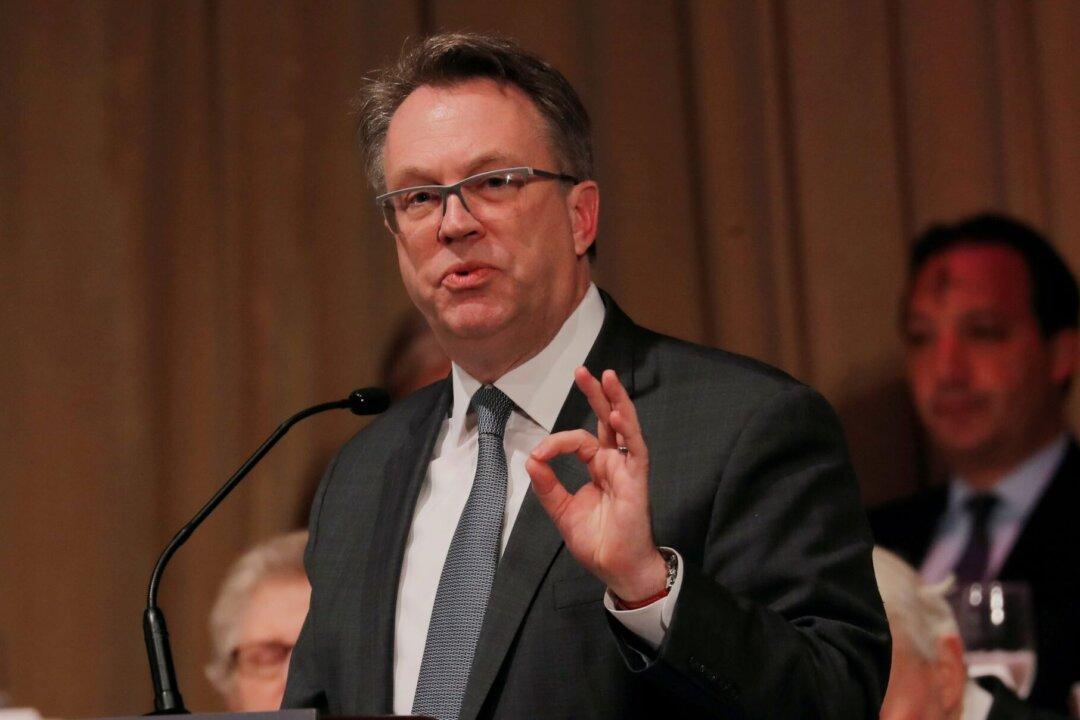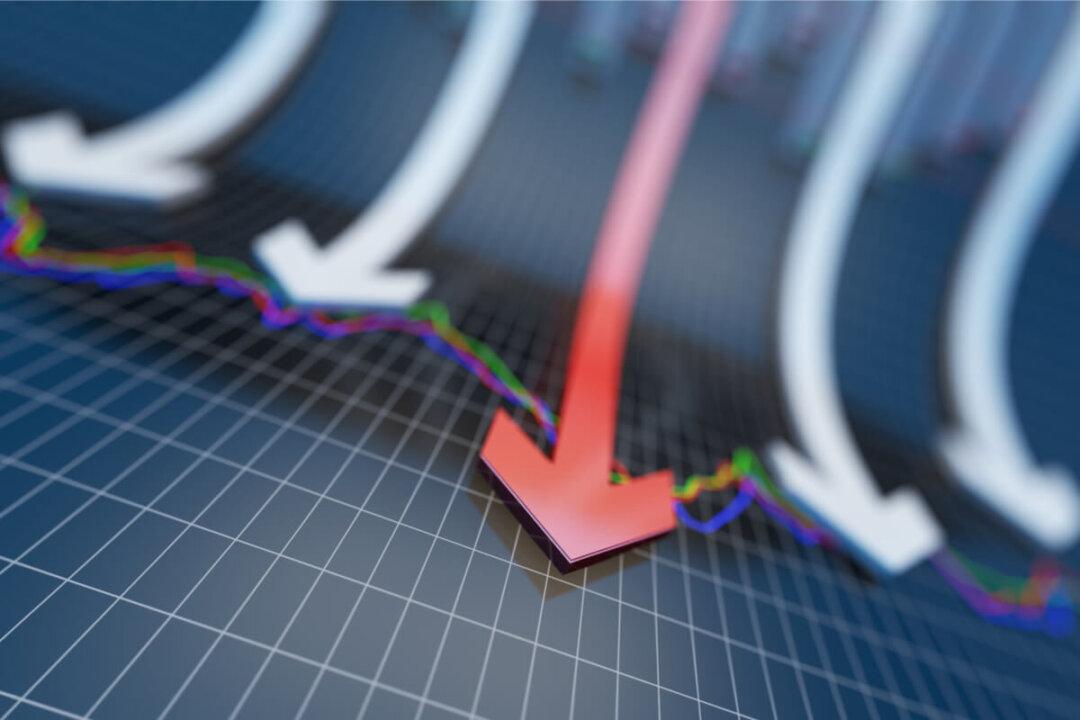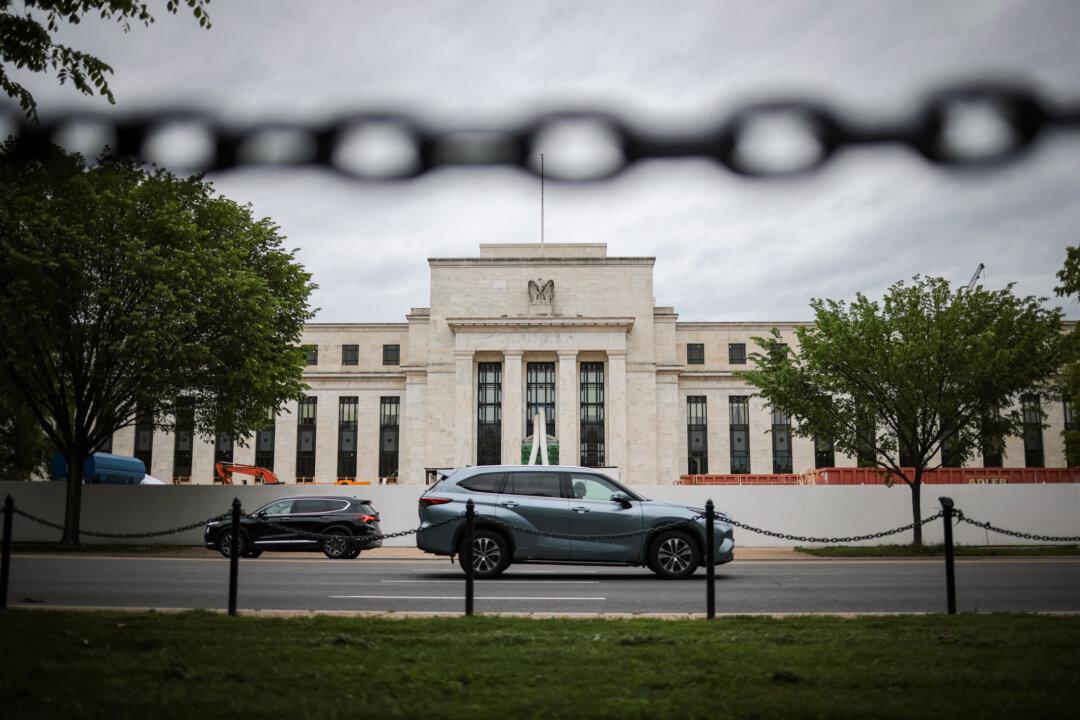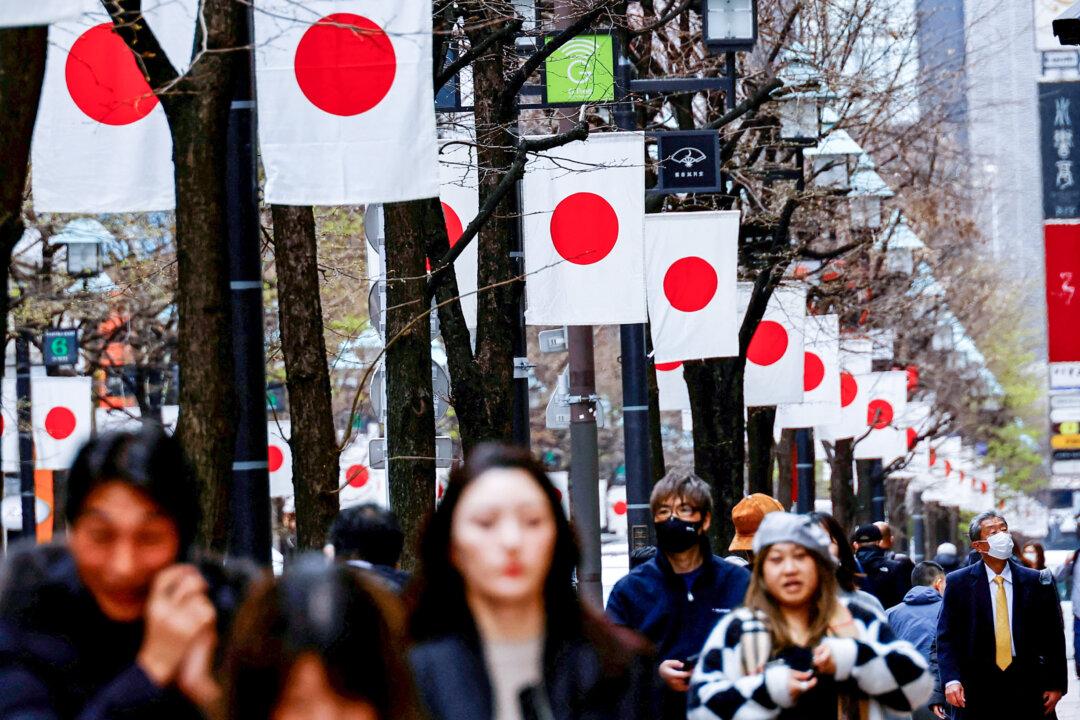Commentary
Both the Federal Reserve and the European Central Bank should have just raised their policy rates while the recession is coming near to the brink. According to a model prediction from a ten-year less three-month tenor Treasury yield gap, the implied U.S. recession probability by yearend already stands at 65 percent, reaching the second highest implied record after that in the early 1980s. From the past half century’s experience, any implied probability above 35 percent would end up in a recession. In this regard, 65 percent probability is essentially not much different from 100 percent!





